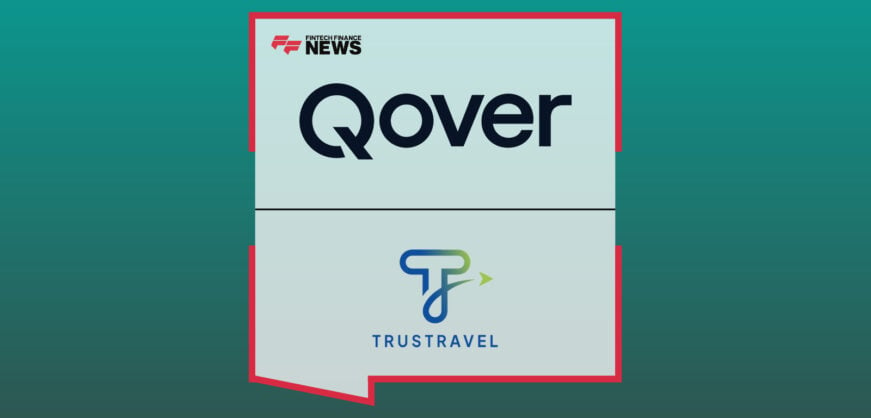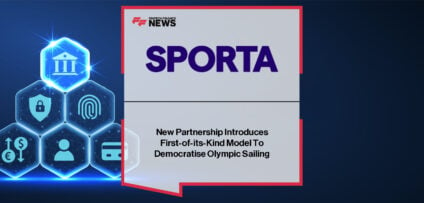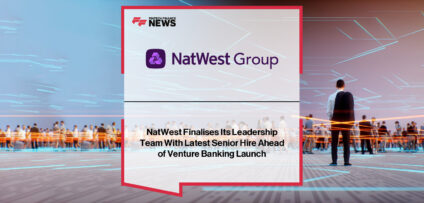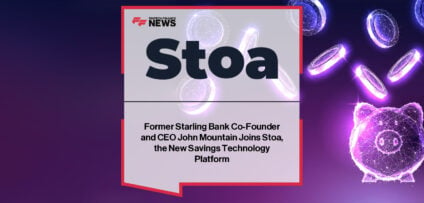Breaking News

Managing three major eComms compliance challenges under MiFID II and MAR
By Shiran Weitzman, Shield Financial Compliance
Under the MiFID II rules, effective since 3 January 2018, all communications that support the processing of order management and investment decision-making must be captured for the express purpose of understanding how and why decisions were made, regardless of whether those communications actually resulted in a trade.
This means that compliance officers have to sift through a haystack of digital information for the needles that indicate market abuse or misbehaviour, which can be weeded out when the activity surrounding the placement and execution of orders displays a pattern recognised as abusive. However, identifying those patterns is no small task.
There are three operational hurdles that have to be overcome.
Capturing all the data
The first hurdle is to bring all associated communications into scope, across both approved and non-approved channels. As technology is constantly evolving – particularly in the communications and social media sphere – firms must acknowledge that traders, investment managers and investment advisors can use multiple routes to interact with other market participants, counterparties, clients and internal staff. These channels may not have been defined in the rules previously, but are certainly in scope for the new requirements.
If there is any gap in data capture, the firm may find it has missed activity which has been deliberately designed to bypass the compliance checks, leaving the business open to punitive action.
Aggregating and standardising the data
The second challenge is to recognise that each communication channel may provide data in a different format, all of which will need to be aggregated, standardised and correlated in order to be assessed effectively. Voice, text, email and a variety of messaging models must be brought together, whether they are internally managed (such as email) or externally managed (such as Bloomberg Messenger, for example).
Despite the technical challenges posed, the firm will still be liable for abuse if data has been misinterpreted.
Understanding the data
The third challenge is to identify patterns of abuse and discern them from non-abusive activity. Just as communications channels are multiplying, changing market structure – including new venues, new asset classes and associated trading practices – can create fresh potential for gaming and other malicious activity. That can make the role of the compliance team especially hard.
Bringing it all together
MiFID II formalises rules for an enormously complex set of market structures in a legal framework, and to comply requires a data management platform that can gather and interpret communications that sit behind these markets. One that can store, manage, and analyse all relevant data, to enable the ‘needles’ to be easily picked out and the trading activities under question to be reconstructed.
From a technology perspective, firms will benefit from a centralised system that can interface in a flexible way with a broad range of technologies and take a holistic approach to data management, i.e. an approach where all types of data can be structured, categorised and/or correlated in a way that makes it accessible and meaningful to a variety of management, compliance and IT functions.
Complying and investing in technology that automates eComms record-keeping and investigation compliance tasks must now be an essential part of a firm’s strategy. The temptation to use siloed, tactical, point solutions to solve smaller problems as they occur, will create gaps both in interpreting data and understanding patterns of behaviour, all of which significantly increase risks of non-compliance.
However, by taking a more strategic approach and deploying the right kind of enterprise-grade technology, a firm will not only supports its compliance requirements, but also enable ongoing business and efficiency benefits, such as drawing on eComms data to better facilitate areas such as best execution, for example.
- Trust Travel, a TUI Brand, Partners With Qover to Deliver Seamless Travel Protection at Booking Read more
- New Partnership Introduces First-of-its-Kind Model To Democratise Olympic Sailing Read more
- Offa Outpaces High Street Banks on Speed With Islamic Mortgage Launch Read more
- Engine by Starling Enters Fourth Global Market With New Zealand’s SBS Bank Read more
- New Visa Study Shows 9 out of 10 Ukrainians Want Their Payments to be Protected by Biometrics Read more









